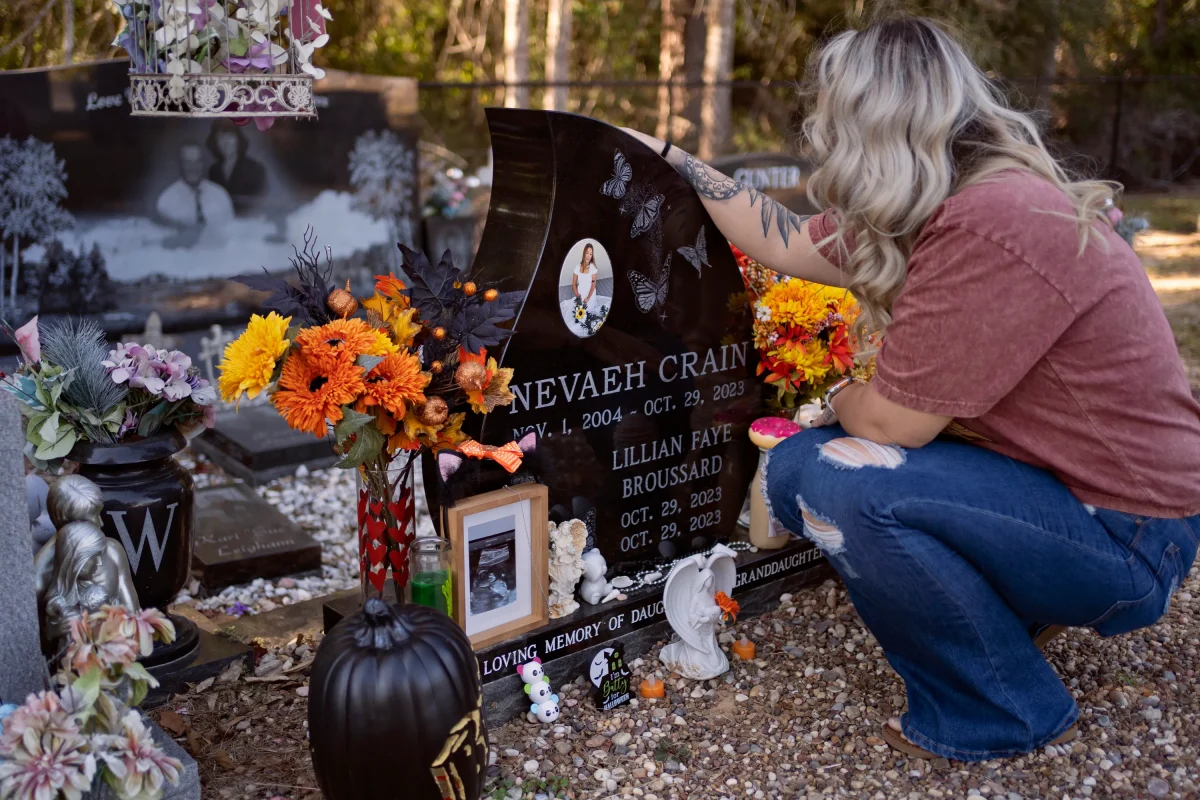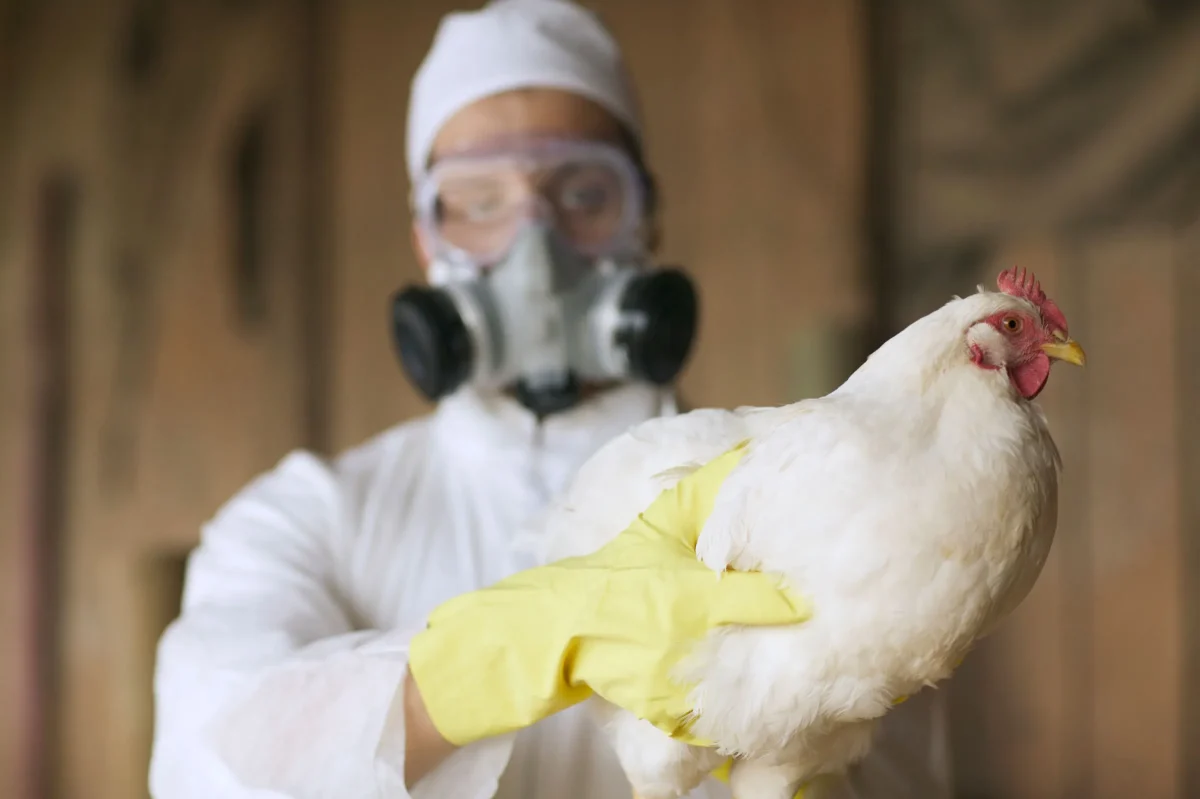A Louisiana patient hospitalized with a severe H5N1 bird flu infection has died, state health officials reported this Monday. The patient, 65, is the first recorded death of bird flu and reportedly already had underlying medical conditions before exposure to a backyard flock and wild birds, where he was believed to have contracted the novel H5N1 bird flu strain. Louisiana health officials have not reported any other cases in the state.
Since March of 2024, 66 confirmed bird flu infections have been reported in the U.S., but previous illnesses have been mild and most have been detected among farm workers exposed to sick poultry or dairy cows. The bird flu virus “is a serious threat and it has historically been a deadly virus,” said Jennifer Nuzzo, director of the Pandemic Center at the Brown University School of Public Health. “This is just a tragic reminder of that. Just because we have seen mild cases does not mean future cases will continue to be mild,” Nuzzo added.
On Wednesday, December 18th, California Governor Gavin Newsom declared a State of Emergency to streamline the state’s response to bird flu. More than half of the human cases in the U.S. so far have been in California. “This proclamation is a targeted action to ensure government agencies have the resources and flexibility they need to respond quickly to this outbreak — while the risk to the public remains low, we will continue to take all necessary steps to prevent the spread of this virus,” stated Gov. Newsom in a press release.
In just about four months, cows in 645 dairies in California have tested positive for H5N1, even as many ranchers have taken strict precautions to prevent the virus from spreading further. The virus is spreading so quickly that dairy farmers are even calling it ‘Covid for cows’, “We’re trying to do everything we possibly can, and this has just been the worst crisis we’ve ever dealt with in the dairy industry in California,” said Anja Raudabaugh, the chief executive of Western United Dairies, a trade organization that represents most of the state’s dairy farms.





































